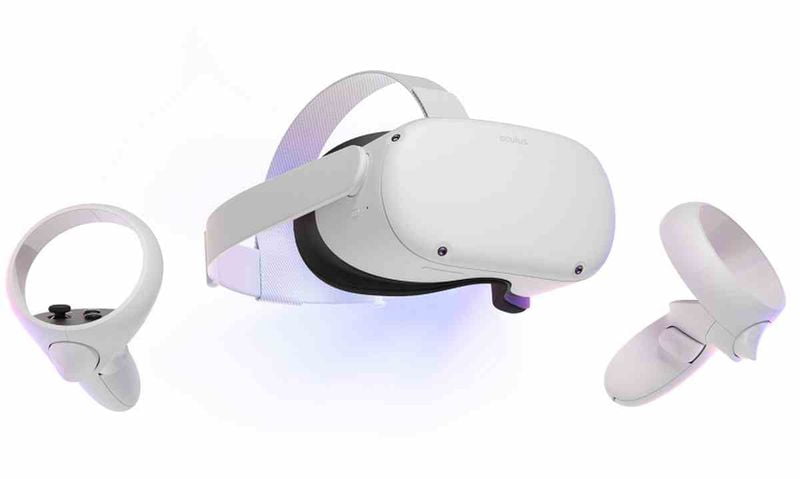Mark Zuckerberg, founder, and CEO of Facebook Inc is clear: Virtual reality avatars must be animated and increasingly realistic, for which he bets that the devices can have all the necessary sensors to capture all movements, with the focus basically on capturing eye movement and facial movement, thus seeking a better social experience in the field of virtual reality and augmented reality.
He has made this clear in his participation in the interview on The Information podcast, also announcing that the new generation of avatars of his company will arrive by the end of this year, showing a higher level of realism, even going so far as to compare with the quality of MetaHuman creator, from Epic, showing his preference for the generation of realistic avatars through deep learning on a large scale.
According to Mark Zuckerberg’s vision:
“When I think about where you are today with virtual reality, you get into the experience: There are some pretty good games and different experiences. But I would love to get to the point where you have realistic avatars of yourself, where you can make authentic eye contact with someone and have real expressions that are reflected in your avatar.”
He also noted in the interview that Oculus is already working on the hardware that will be included in the future Quest 3 and 4, the next generations of its standalone headsets and that in the augmented reality arena, two glasses will also arrive by the end of this year, although the Facebook CEO already makes it clear that the glasses will not offer standard Augmented Reality effects.

In the interview there was also mention of the acquisition of the manufacturer of smart bracelets CTRL-Labs, capable of detecting and interpreting brain signals, and which he compares with Elon Musk’s Neuralink project, indicating that:
We do not believe that people will want to have their heads drilled to use virtual or augmented reality.
In this regard, he is in favor of using Neuralink’s technology as a technology for medical uses, but not for the field of consumption of users in Virtual Reality and Augmented Reality, considering that Neuralink uses invasive techniques.
With all this, Facebook is still quite interested in the field of Virtual Reality, which in the case of Google or Microsoft, they even discarded to devote all their efforts to Augmented Reality.




